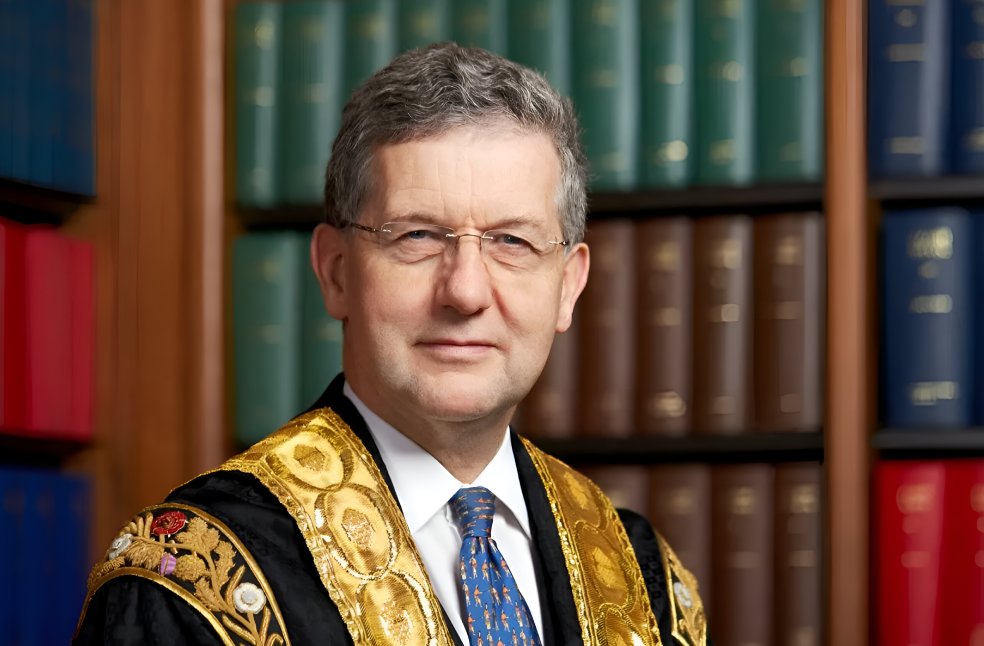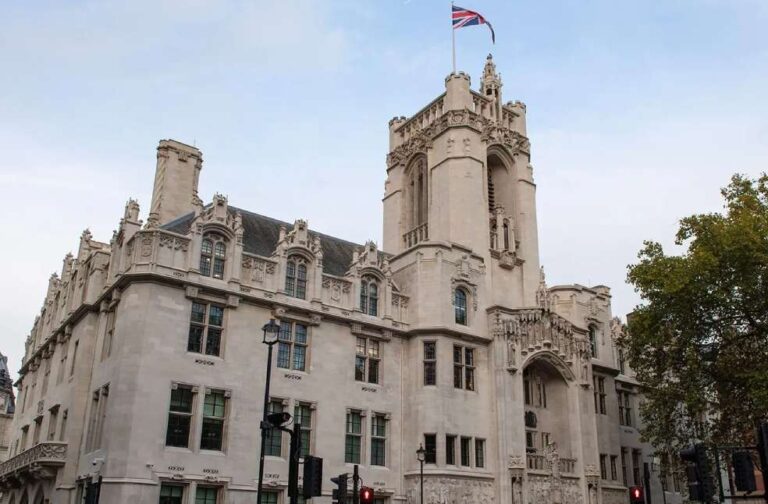United Kingdom: The UK Supreme Court has unanimously ruled that the term ‘woman’ in the 2010 Equality Act refers to biological sex, siding with campaign group For Women Scotland in a landmark judgment with far-reaching implications across Britain.
The decision brings an end to a prolonged legal battle over the interpretation of sex-based rights and protections, particularly how they apply in single-sex spaces such as hospital wards, prisons, and refuges. Judges said the ruling does not diminish the rights of transgender individuals, who remain protected under the Equality Act through the characteristic of gender reassignment.
Delivering the court’s opinion, Deputy President Lord Hodge stated that, “The unanimous decision of this court is that the terms ‘woman’ and ‘sex’ in the Equality Act 2010 refer to a biological woman and biological sex.” He emphasised the necessity to avoid viewing the outcome as a win for one group at the expense of another.
The case was brought after For Women Scotland challenged Scottish government guidance, which included trans women with gender recognition certificates (GRCs) within the legal definition of a woman for public board gender quotas. The campaigners argued that such inclusion undermined the integrity of sex-based rights designed to protect biological women.

Outside the Supreme Court, For Women Scotland co-founder Susan Smith described the ruling as a “common sense” victory. Susan Smith stated that, “Sex is real and women can now feel safe that services and spaces designated for women are for women.”
However, trans rights advocates have expressed alarm. Scottish Green MSP Maggie Chapman called the decision deeply concerning and warned it could strip vital protections from one of society’s most marginalised groups. Maggie Chapman commented that, “It will leave many trans people and their loved ones deeply anxious and worried about what will come next.”
The judgment clarified that the Equality Act, which protects against discrimination based on sex and gender reassignment, relies on a biological understanding of sex for the effective operation of single-sex spaces and services.
The court cited problems arising in women’s sport, medical care, and public sector equality monitoring when sex is not interpreted biologically. It also referenced high-profile controversies, including the case of transgender rapist Isla Bryson, initially housed in a women’s prison, and a current employment dispute involving NHS Fife.
The legal challenge stems from a 2018 bill passed by the Scottish Parliament to ensure gender balance on public boards. For Women Scotland objected to the inclusion of transgender women in those quotas. Although Scottish ministers previously won a legal round in 2022, with a judge ruling sex could include gender recognition, that interpretation has now been overturned by the UK’s highest court.
While the Scottish government has not yet responded to the ruling, its earlier efforts to streamline the gender recognition process were blocked by Westminster and have since been shelved.
The judgment leaves the Equality Act’s definition of sex firmly rooted in biology while reaffirming existing legal protections for transgender people under separate provisions.



